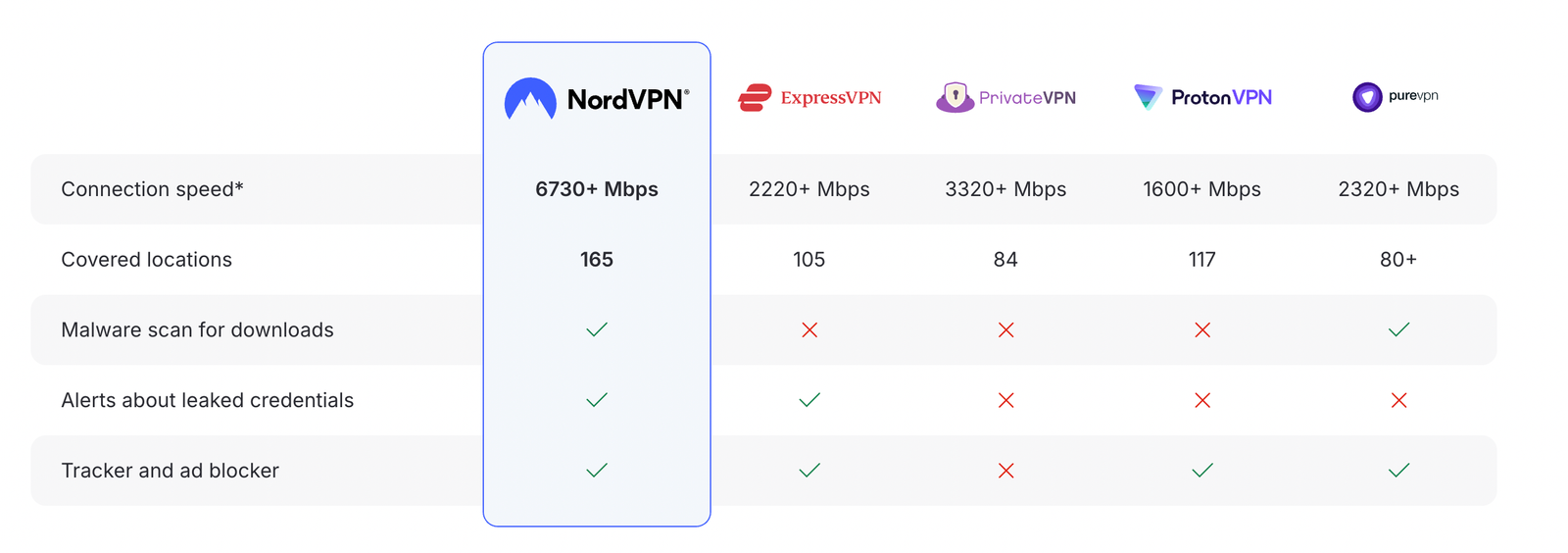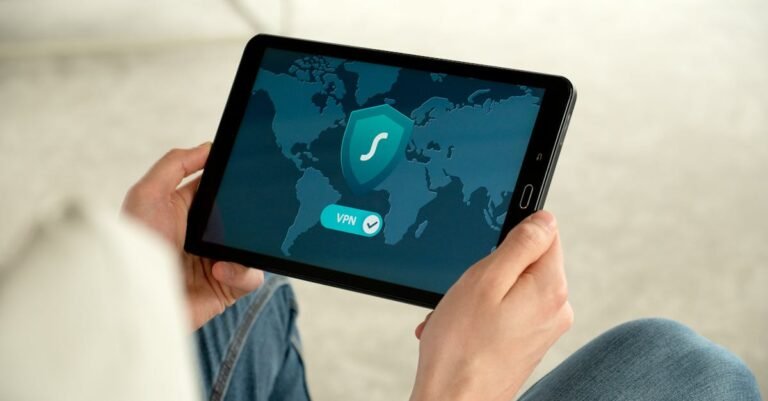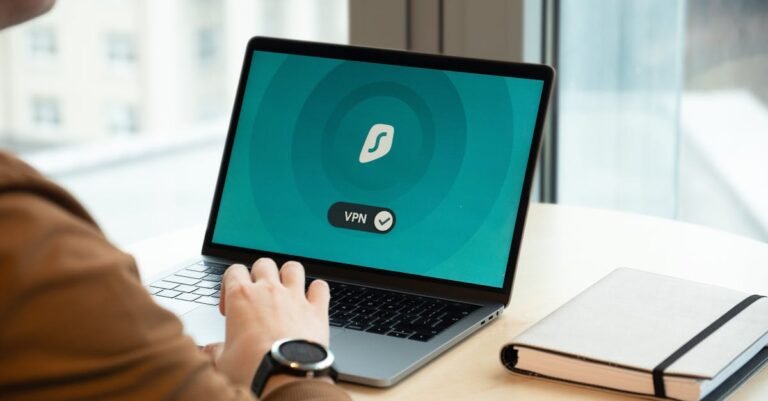In the digital age, phishing attacks have become a common threat, luring users into revealing sensitive information through deceptive emails or websites. Virtual Private Networks (VPNs) offer a robust defense by encrypting data and masking IP addresses. This post explores how VPNs protect against phishing, enhancing online security for everyone from casual browsers to business professionals. VPNs not only secure connections but also prevent hackers from intercepting personal details, making them essential tools in today’s cyber landscape.
Understanding the Basics of Phishing and VPNs

Phishing involves cybercriminals creating fake sites to steal data. VPNs counter this by routing traffic through secure servers. They encrypt all online activity, so even if attackers try to intercept information, it remains unreadable. For instance, users browsing on public Wi-Fi face high risks, but VPNs add a protective layer. Moreover, these networks hide real IP addresses, making it harder for phishers to track locations or launch targeted attacks. As a result, everyday users can safely access emails and banking without exposure. Additionally, VPNs block malicious sites by rerouting through verified servers. This technology works seamlessly on devices, ensuring comprehensive protection. In summary, VPNs serve as a first line of defense against evolving phishing tactics, empowering individuals to navigate the web confidently.
How VPNs Enhance Data Encryption and Privacy

VPNs use advanced encryption protocols to safeguard data during transmission. They create a secure tunnel that shields information from prying eyes. For example, when logging into accounts, VPNs prevent interception by encrypting every packet. Furthermore, they mask online identities, reducing the chances of personalized phishing scams. This is particularly useful for remote workers handling sensitive files. As a result, businesses and individuals maintain privacy in an interconnected world. Additionally, VPNs offer features like kill switches to halt traffic if the connection drops. Overall, these tools bolster defenses against sophisticated threats, making daily online activities safer and more reliable.
Tips for Using VPNs Effectively Against Phishing

To maximize VPN benefits, select providers with strong server networks and no-logs policies. They help detect and avoid phishing domains through secure routing. For instance, enabling automatic connections on public networks adds immediate protection. Moreover, regular software updates ensure the latest security patches. This practice is vital for families sharing devices. As a result, users can browse freely without constant worry. Additionally, combining VPNs with antivirus software creates a multi-layered shield. In essence, integrating VPNs into routines significantly reduces phishing risks for all users.
Why NordVPN Stands Out as a Top Choice
NordVPN excels in guarding against phishing with its military-grade encryption and vast server network. It offers features like Threat Protection Pro, which blocks malicious sites and ads proactively. Therefore, it’s ideal for anyone seeking reliable security. Plus, its user-friendly apps make setup easy for beginners and experts alike. Choose NordVPN today to protect your data effectively and enjoy peace of mind online. Sign up now and start securing your digital life—your first step toward unbeatable phishing defense awaits.
How NordVPN compares to other top VPNs


Disclosure: We earn a commission at no extra cost to you if you make a purchase through links here. This helps support us in creating more content for you. Thank you for your support!







